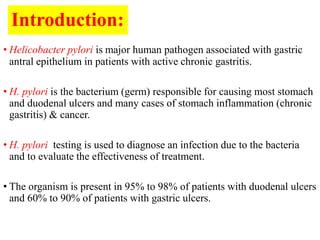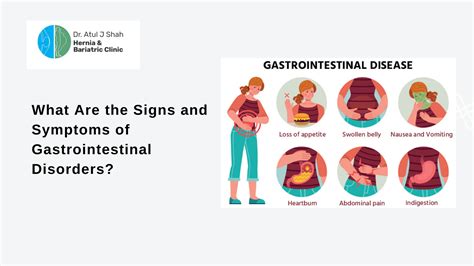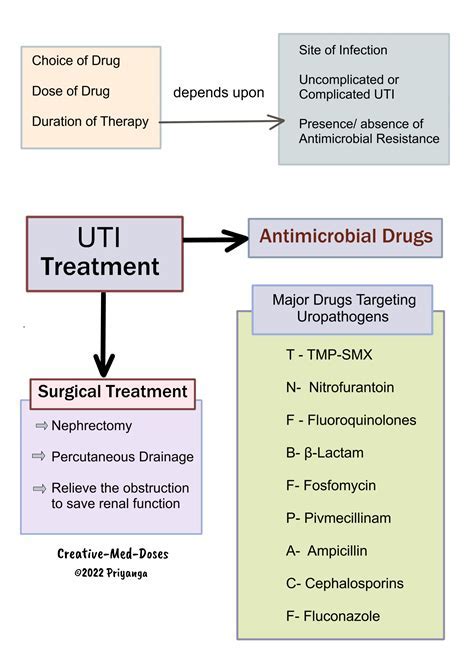Intro
Discover how H Pylori impacts overall health, causing digestive issues, inflammation, and increasing risk of gastric cancer, with 7 key effects on the bodys well-being and immune system.
The human body is home to trillions of microorganisms, with some being beneficial and others harmful. One such harmful bacterium is Helicobacter pylori, commonly referred to as H. pylori. This bacterium has been extensively studied for its role in various diseases, and its impact on human health is multifaceted. Understanding how H. pylori affects health is crucial for developing effective prevention and treatment strategies.
H. pylori infection is one of the most common chronic bacterial infections worldwide, affecting approximately 50% of the global population. The prevalence of H. pylori infection varies significantly across different regions and populations, with higher rates observed in developing countries. This disparity is largely attributed to differences in socioeconomic status, living conditions, and access to clean water and sanitation.
The effects of H. pylori on human health are far-reaching, influencing not only the gastrointestinal system but also other bodily systems. Research has shown that H. pylori infection is associated with an increased risk of developing certain types of cancer, gastrointestinal disorders, and even neurological diseases. Furthermore, the bacterium's ability to evade the host's immune system and establish long-term colonization makes it a challenging target for treatment.
Introduction to H Pylori

Causes and Risk Factors

Transmission and Colonization
The transmission of H. pylori occurs through the fecal-oral route, where the bacterium is ingested through contaminated food, water, or direct contact with an infected person. Once inside the stomach, H. pylori colonizes the gastric mucosa, where it establishes a complex relationship with the host's immune system. The bacterium's ability to evade the host's immune response and establish long-term colonization is crucial for its survival and persistence.Effects on the Gastrointestinal System

Gastritis and Peptic Ulcers
H. pylori infection is a major cause of gastritis and peptic ulcers, which are characterized by inflammation and ulceration of the stomach lining. The bacterium's production of virulence factors and its ability to evade the host's immune response contribute to the development of these conditions. If left untreated, gastritis and peptic ulcers can lead to more severe complications, including bleeding, perforation, and gastric cancer.Effects on Other Bodily Systems

Cardiovascular Disease
Research has shown that H. pylori infection is associated with an increased risk of cardiovascular disease, including atherosclerosis, myocardial infarction, and stroke. The bacterium's ability to induce chronic inflammation and oxidative stress may contribute to the development of these conditions. Additionally, H. pylori infection has been linked to alterations in lipid metabolism and the development of metabolic syndrome, which further increases the risk of cardiovascular disease.Diagnosis and Treatment

Antibiotic Resistance
The increasing prevalence of antibiotic-resistant H. pylori strains has become a major concern, as it can significantly reduce the effectiveness of treatment. The development of antibiotic resistance is attributed to the overuse and misuse of antibiotics, as well as the bacterium's ability to adapt and evolve in response to selective pressure.Prevention and Control

Vaccination and Immunotherapy
Research into the development of a vaccine against H. pylori is ongoing, with several candidates showing promise in preclinical and clinical trials. Immunotherapy, which aims to modulate the host's immune response and enhance its ability to clear the infection, is also being explored as a potential treatment strategy.What is H. pylori and how is it transmitted?
+H. pylori is a type of Gram-negative, spiral-shaped bacterium that primarily colonizes the stomach lining. It is typically acquired during childhood and can be spread through person-to-person contact, contaminated food and water, and poor hygiene practices.
What are the symptoms of H. pylori infection?
+The symptoms of H. pylori infection can vary widely and may include abdominal pain, nausea, vomiting, and bloating. In some cases, infection may be asymptomatic, and the bacterium can persist for decades without causing noticeable symptoms.
How is H. pylori infection diagnosed and treated?
+The diagnosis of H. pylori infection typically involves a combination of endoscopy, biopsy, and non-invasive tests, such as the urea breath test and stool antigen test. Treatment usually involves a combination of antibiotics and acid-suppressing medications, which aim to eradicate the bacterium and reduce stomach acid production.
In summary, H. pylori infection is a complex and multifaceted condition that affects not only the gastrointestinal system but also other bodily systems. Understanding the causes, risk factors, and effects of H. pylori infection is crucial for developing effective prevention and treatment strategies. By promoting good hygiene practices, improving living conditions, and increasing access to clean water and sanitation, we can reduce the burden of H. pylori-related disease and improve overall health outcomes. We invite you to share your thoughts and experiences with H. pylori infection, and to join the conversation on how we can work together to prevent and control this important public health issue.
